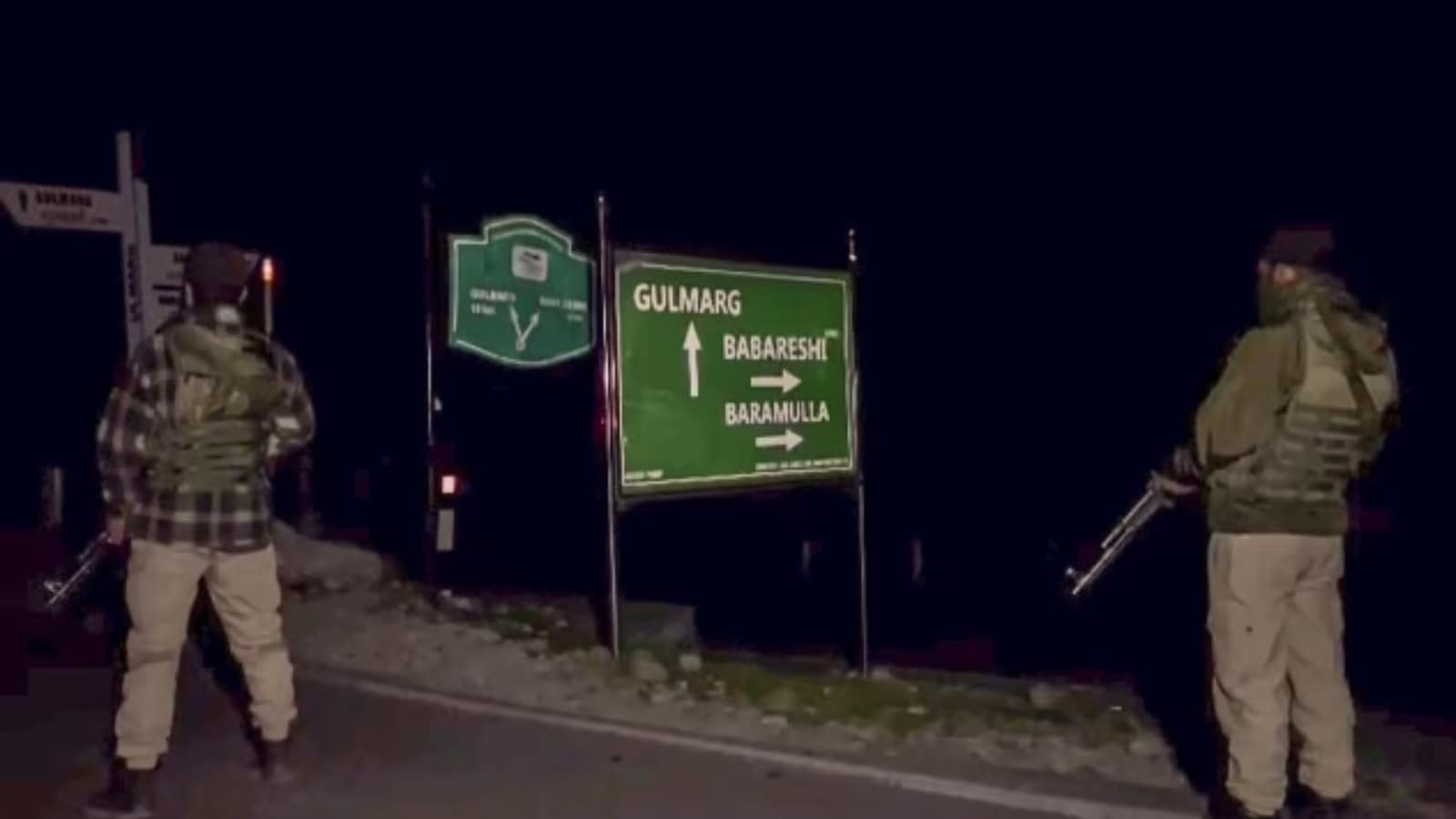 |
|
A recent terrorist attack in Kashmir's Gulmarg sector has underscored the ongoing security challenges facing the region. The attack, which occurred on October 24th, resulted in the deaths of two Indian Army soldiers and two civilian porters working with the Army. The Defence spokesperson attributed the attack to “Pakistani terrorists,” aiming to disrupt peace and stability in the region. The attack targeted an Army convoy carrying soldiers and local porters near the Nagin post at Bota Pathri, located in the upper reaches of Gulmarg. The terrorists, after opening fire, managed to escape into dense foliage, leaving behind a weapon and rucksack.
The Indian Army responded swiftly and resolutely, retaliating the fire and forcing the terrorists to retreat. Despite the attack, the Army emphasized that the actions of the deceased soldiers prevented further damage. The attack highlighted the terrorists’ deliberate targeting of Kashmiri locals, an attempt to evoke fear and terror in the Valley. The Defence spokesperson stated that the only ideology these terrorists espouse is of ‘The Reign of Terror in Valley’.
The attack prompted immediate action from the Jammu and Kashmir Lieutenant Governor Manoj Sinha. He held talks with top officers of the Army, J&K Police, and the UT administration, calling for a “swift and befitting reply to neutralise terrorists.” Sinha also directed the Deputy Commissioner of Baramulla to provide all possible assistance to the families of the Army porters killed in the attack. In the wake of the attack, roads leading up to the Bota Pathri area where the attack took place remained closed for traffic.
The attack on the Army convoy is part of a recent spate of attacks targeting non-local workers in the Valley. Previously, seven employees of an infrastructure company were killed in a terror attack on a camp housing workers near Sonamarg, on the Srinagar-Leh national highway. In response to these incidents, Lieutenant Governor Sinha held a meeting to review the security situation in the Kashmir Division. He directed the J&K Police to implement “stringent measures” to tighten the security grid around key infrastructure projects and construction camps, ensuring the safety of workers.
Sinha stressed the importance of regular coordination meetings with project-implementing agencies and ordered security audits of infrastructure projects, round-the-clock checkpoints at strategic locations, night patrolling, and area domination operations. He emphasized the need for a robust security and intelligence grid, as well as intensified, well-planned joint operations with the Army and other security agencies to eliminate terrorism. Sinha declared, “The entire terror ecosystem, including perpetrators and those aiding and abetting terrorists, requires to be completely dismantled.”
